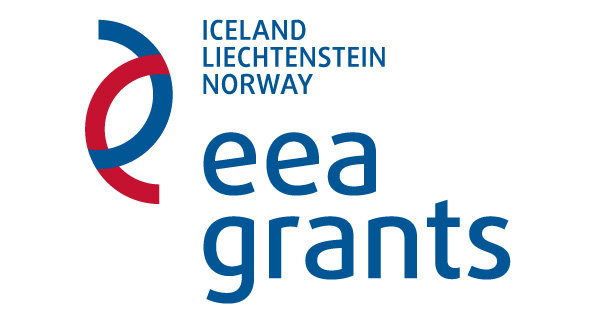Bottom-Up Climate Adaptation Strategies Towards a Sustainable Europe (BASE)
The BASE project investigates potential adaptation measures to climate change and their integration into policies and regional planning. The project, planned for 2012–2016, involves 14 partner research institutions and universities. The Czech partner is represented by CzechGlobe – the Global Change Research Centre, Academy of Sciences of the Czech Republic, Department of Human Dimensions of Global Change.
The BASE project builds on the assumption that climate change in Europe will bring about substantial ecological, economic and social changes, which can be partially alleviated by adaptation actions and measures, designed and developed based on current scientific knowledge. The implementation of these measures can bring benefits to human society and create new opportunities for economic development; however, it faces uncertainties regarding the efficiency of measures and limited knowledge of local adaptation needs.
The aim of the BASE project is to share experience in climate change adaptation within EU, productive approaches and methods to evaluate adaptation measures, and to facilitate the development and implementation of sustainable adaptation measures at all governance levels. To achieve this, the project utilizes case studies as the principal approach. The case studies reflect different conditions of European countries and focus on the assessment of adaptation needs and the development of adaptation measures in various sectors such as agriculture, forestry, water management, health and nature conservation. CzechGlobe as a project partner conducts four case studies, focused on the impact of climate change on agriculture (hop and wine growing), climate change adaptation in cities (Prague) and in protected areas (Šumava UNESCO Biosphere Reserve).


